Are you feeling under the weather, battling this notorious disease, or simply curious about the unexpected ways in which mononucleosis, affectionately known as “mono” can affect your body?
While mono is renowned for its hallmark symptoms such as extreme fatigue, sore throat, and swollen glands, there’s a lesser-known enigma surrounding this infectious illness – its potential to cause an unexpected and uncomfortable visitor: constipation.
In this article, we will discuss in detail, “does mono cause constipation?” and discuss its symptoms, remedies and a lot more. So, stay in the loop!
However, before delving into the details, let’s first talk about what exactly is ‘mono’!
Does Mono Cause Constipation?
Yes, mono can cause constipation. Factors such as dehydration, medications, reduced physical activity due to fatigue, dietary changes, stress, and the body’s immune response during mono can contribute to constipation. However, this constipation is typically temporary and resolves as the body recovers from the infection.
It’s important to stay hydrated and maintain a balanced diet while recovering from mono to help alleviate constipation. Additionally, over-the-counter laxatives may be used under medical guidance to manage constipation symptoms. As always, it’s best to consult with a healthcare professional for personalized advice and treatment options.
What is Mono?
Mononucleosis, commonly known as “mono,” is an infectious disease caused by the Epstein-Barr virus (EBV) or sometimes the Cytomegalovirus (CMV). It affects adolescents and young adults, causing symptoms such as extreme fatigue, sore throat, and swollen lymph nodes.
Mononucleosis and gastrointestinal symptoms

Mono presents a range of symptoms, including:
- Severe Fatigue: Overwhelming tiredness and lack of energy.
- Sore Throat: Pain and discomfort in the throat, often accompanied by difficulty swallowing.
- Fever: Elevated body temperature, typically higher than 101°F (38.3°C).
- Swollen Lymph Nodes: Enlarged, tender lymph nodes in the neck and armpits.
- Headache: Persistent and often severe headaches.
- Muscle Aches: Generalized muscle pain and weakness.
- Rash: Some individuals may experience a rash, especially after taking certain medications.
- Enlarged Spleen: Swelling of the spleen, which can lead to discomfort on the left side of the abdomen.
- Enlarged Liver: Swelling of the liver, although this is usually not painful.
- Loss of Appetite: A reduced desire to eat due to symptoms like sore throat.
- Yellowing of the Skin (Jaundice): In rare cases, mono can cause jaundice.
How Mono can be transmitted?
Mono, caused by the Epstein-Barr virus (EBV) or sometimes Cytomegalovirus (CMV), is typically transmitted through:
- Saliva: Direct contact with an infected person’s saliva, which can occur through activities like kissing, sharing utensils, or drinks.
- Respiratory Secretions: Airborne transmission can occur when an infected person coughs or sneezes, releasing respiratory droplets that may be inhaled by others.
- Close Contact: Spending time in close proximity with an infected individual, especially in settings like schools or households, can increase the risk of transmission.
- Sexual Contact: Engaging in sexual activities can facilitate the transmission of EBV and CMV.
- Blood Transfusion or Organ Transplant: In rare cases, EBV transmission can occur through blood transfusions or organ transplants from infected donors.
- Mother to Child: A pregnant woman with EBV can transmit the virus to her baby during childbirth, although this is rare.
Mono’s connection to digestive problems:
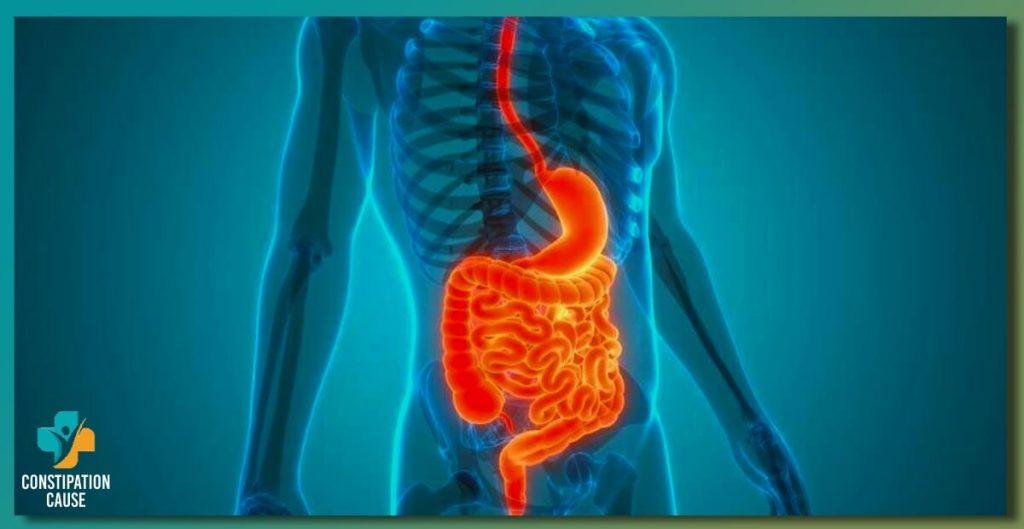
The gastrointestinal effects of mononucleosis (mono) and constipation lies in the intricate interplay between the virus and the body’s response to infection. Understanding these interactions is crucial, as it sheds light on the broader spectrum of gastrointestinal issues, including conditions like PCOS and their potential correlation with constipation. While mono primarily affects the lymphatic and immune systems, it can indirectly lead to constipation due to several factors:
- Dehydration: One of the hallmark symptoms of mono is a sore throat. The discomfort associated with swallowing can make individuals hesitant to drink fluids. Dehydration is a common consequence of reduced fluid intake during a mono infection. When the body lacks adequate hydration, it can lead to the formation of dry and hard stool, a classic characteristic of constipation.
- Medications: During the management of mono symptoms, individuals may be prescribed medications, such as pain relievers or anti-inflammatories. Some of these medications can have constipating side effects, further exacerbating the issue.
- Fatigue: Extreme fatigue is a primary symptom of mono. This fatigue can lead to a less active lifestyle and decreased physical activity. Reduced movement and inactivity can slow down the digestive process, contributing to constipation.
- Dietary Changes: The discomfort of a sore throat and general malaise can lead to changes in dietary habits. Individuals with mono may consume fewer solid foods, leading to a decrease in dietary fiber intake. Fiber, found in fruits, vegetables, and whole grains, plays a crucial role in promoting regular bowel movements. A low-fiber diet can contribute to constipation. Additionally, environmental factors such as the quality of water consumed, including the effects of hard water on digestive health, may also play a role in gastrointestinal health and constipation.
- Stress and Anxiety: The emotional and psychological impact of dealing with a severe illness like mono can induce stress and anxiety. These emotions can influence bowel habits and, in some cases, lead to constipation.
- Immune Response: The body’s immune response to the mono infection can sometimes affect the digestive system. Inflammation, which is a part of the immune response, can disrupt the regular rhythmic contractions of the intestines, slowing down the passage of stool through the colon.
Managing Constipation During Mono:
While constipation can be an unpleasant companion during a mononucleosis (mono) infection, there are various strategies for managing it effectively.
Tips for Relieving Constipation
- Stay Hydrated: Adequate hydration is crucial. Sipping water, clear broths, and herbal teas can help soften stool.
- Fiber-Rich Foods: Incorporate fibre-rich foods into your diet, such as whole grains, fruits, vegetables, and legumes, to promote regular bowel movements.
- Gentle Exercise: Engage in light physical activity, like short walks, to stimulate the digestive system and prevent inactivity-related constipation.
- Stool Softeners: Over-the-counter stool softeners, like docusate sodium, can help make stool easier to pass.
- Avoid Constipating Medications: If possible, steer clear of medications that can exacerbate constipation while managing other mono symptoms.
Dietary Recommendations
- Prunes and Prune Juice
- Herbal Tea
- Berries
- Fiber Supplements
Over-the-Counter Remedies
- Stool Softeners
- Laxatives
- Fiber Supplements
Tips for managing constipation during mononucleosis

Mononucleosis and its influence on bowel health can be minimized by following these tips:
Maintaining a Balanced Diet
Eating a balanced diet during mono is essential to provide the body with the nutrients it needs to heal. Focus on:
- Lean proteins like chicken, fish, and beans.
- A variety of colourful fruits and vegetables.
- Whole grains for sustained energy.
- Foods rich in vitamins and minerals, like yogurt and leafy greens.
Staying Hydrated
Proper hydration is crucial during mono. Sore throat and fever can increase fluid loss. To stay hydrated:
- Drink water, herbal teas, and clear broths.
- Suck on ice chips or popsicles if swallowing is painful.
- Avoid excessive caffeine and alcohol, which can contribute to dehydration.
Rest and Recovery
Mono can be physically exhausting. Prioritize rest and recovery:
- Get plenty of sleep to support your immune system.
- Avoid strenuous physical activity that can exacerbate fatigue.
- Take time off from work or school as needed to fully recover.
Conclusion
Therefore it can be concluded that mono-induced gastrointestinal discomfort can bring various challenges, including constipation, it’s important to recognize that it’s a temporary phase that typically resolves as the body recovers from the infection. By following the tips and recommendations outlined in this guide, individuals can effectively manage constipation and promote their overall comfort and well-being during a mono infection. I hope this article answered your question, does mono cause constipation?
Frequently Asked Questions
Can mono cause digestive problems?
Yes, mono can indirectly cause digestive problems like constipation.
Are there any home remedies for constipation during mono?
Home remedies for constipation during mono include staying hydrated, consuming fiber-rich foods, and engaging in gentle exercise.
How long does constipation typically last in mono patients?
The duration of constipation in mono patients can vary but typically resolves as the infection improves.
Is constipation a common symptom of mono?
Constipation is not a direct symptom of mono, but it can occur during the infection.
Can mono-related fatigue worsen constipation?
Mono-related fatigue can worsen constipation indirectly, as it may lead to reduced physical activity.
Are there any specific foods to avoid if you have mono and constipation?
While there are no specific foods to avoid, it’s important to focus on a balanced diet and proper hydration to manage constipation during mono.
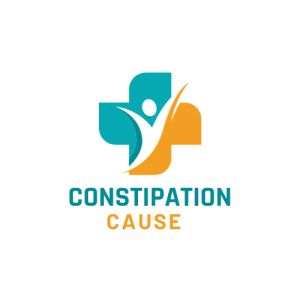


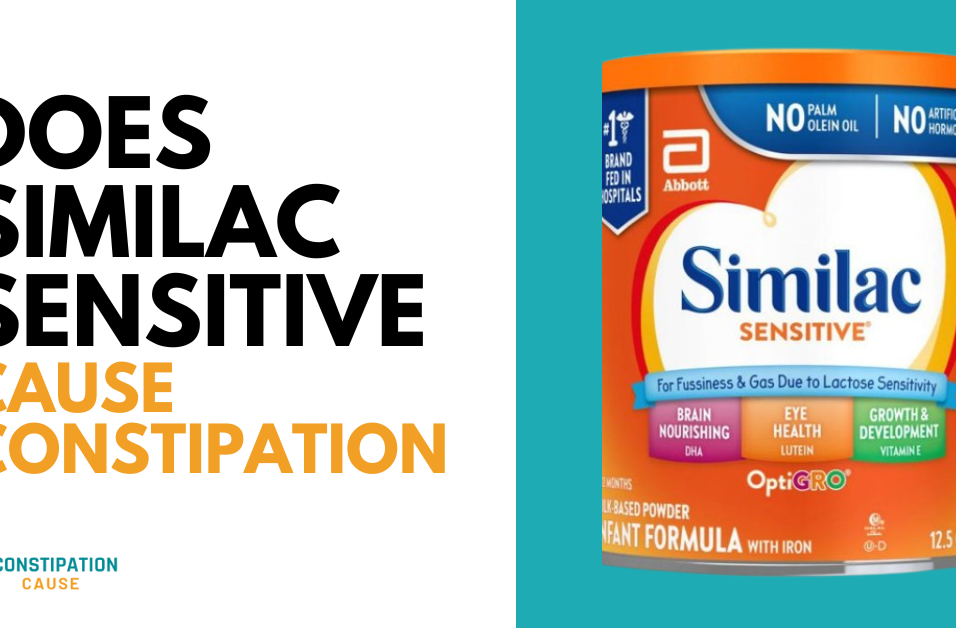
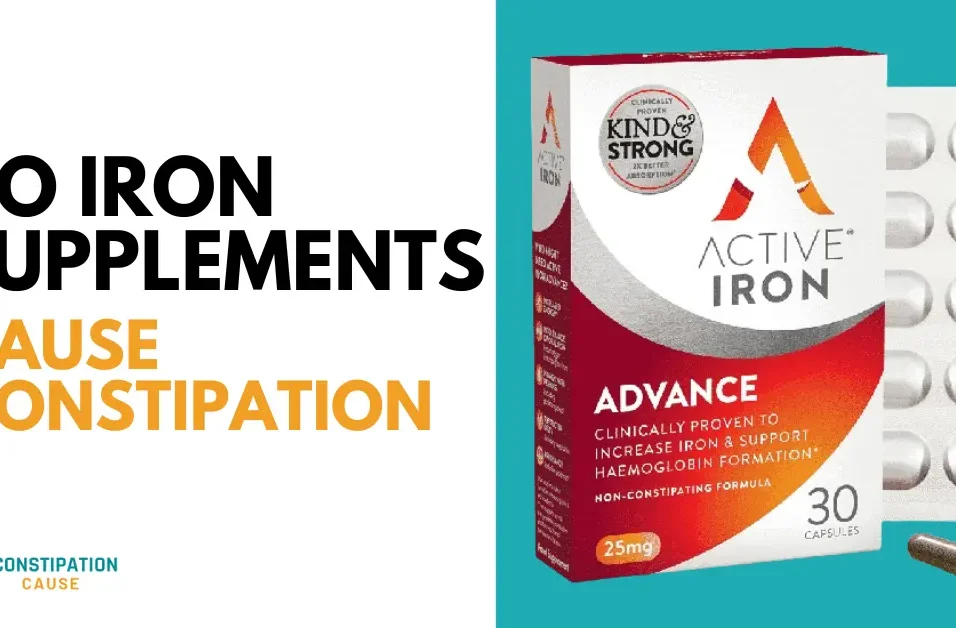



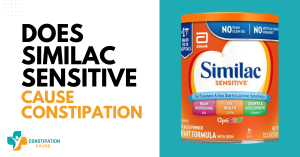
Leave feedback about this